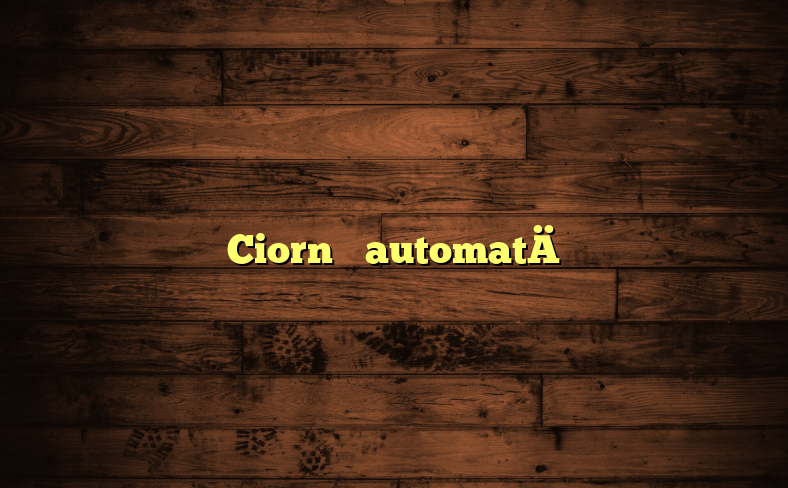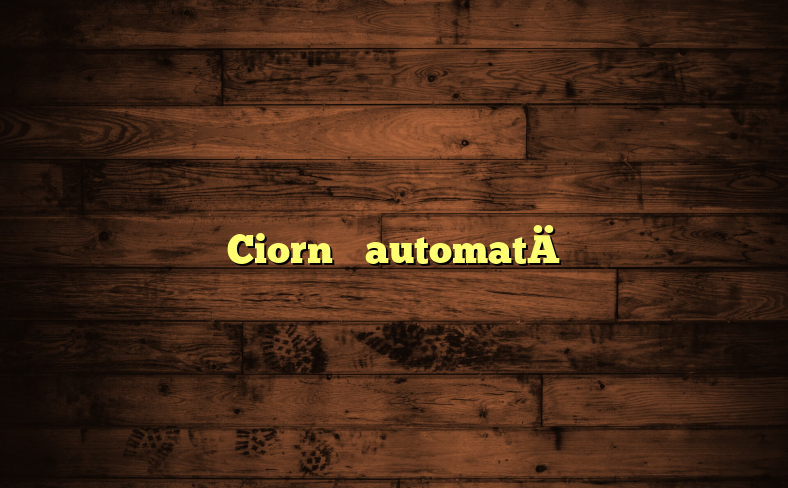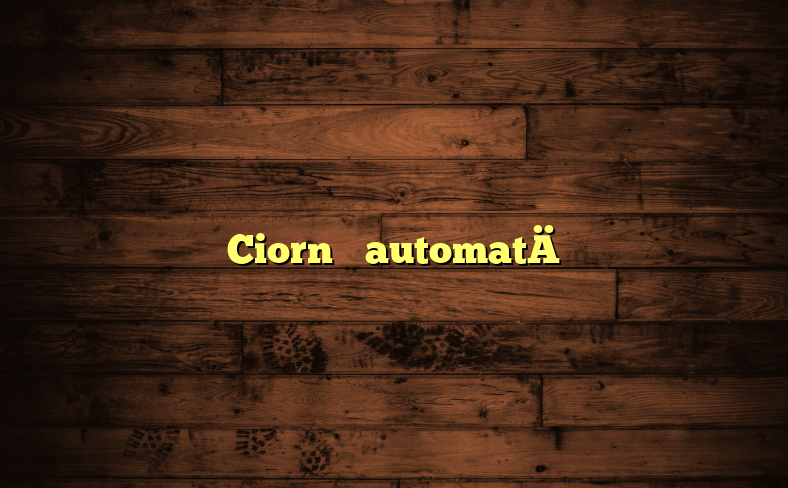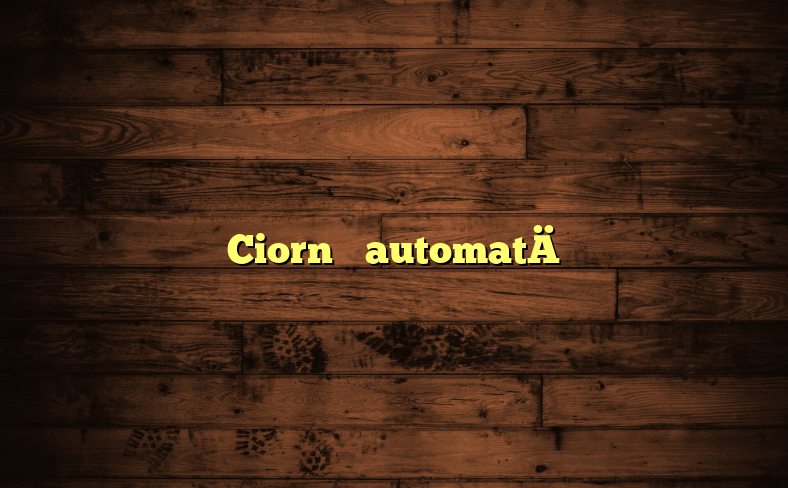mRNA Vaccines Unethical or Effective
Table of Contents
mRNA Vaccines: Unethical or Effective?
MRNA vaccines have revolutionized the way we approach vaccine development, offering a safe and effective means of preventing infectious diseases. However, there is a growing trend of misinformation about mRNA’s potential for genome modification and DNA watermarking.
What is mRNA?
mRNA stands for messenger RNA, a molecule that plays a crucial role in protein synthesis. It acts as an intermediary between genetic information encoded in DNA and the final product – a specific protein. When a virus or bacteria attacks a cell, its genetic material is converted into mRNA, which is then translated into proteins.
mRNA Vaccines: A Safe and Effective Approach
mRNA vaccines have been extensively studied and proven to be safe and effective against several infectious diseases. They work by introducing a piece of genetic material (the vaccine) into cells, which triggers an immune response that produces antibodies and immune cells capable of fighting the specific pathogen.
mRNA’s Potential for Genome Modification or DNA Watermarking
While mRNA vaccines have been shown to be safe and effective, there is no scientific evidence to support their use for genome modification or DNA watermarking. Theoretically, if mRNA were used for such purposes, it would require overcoming significant technical, ethical, and regulatory hurdles.
Why Use mRNA for Genome Modification?
- Technical Challenges: Delivering precise instructions for genetic manipulation using mRNA would be extremely difficult.
- Ethical Concerns: Altering the human genome without consent would raise significant ethical concerns.
- Legal Implications: Any attempt at using mRNA to modify or insert watermarks on DNA would likely be illegal.
Legal Implications
- Violations of Genetic Modification Laws: Breaking laws related to genetic modification, privacy, and biopiracy could result in severe legal consequences.
- Potential Lawsuits: Individuals and organizations affected by misuse might file lawsuits for damages.
Motivation for Genome Manipulation
- Corporate Control: Some speculate that corporations might exploit mRNA technology for personal surveillance or data collection.
- Secret Surveillance Methods: It’s possible that such use could enable covert tracking of individuals.
Theories and Speculations
- Speculative Use of mRNA in Gene Therapy or Editing: mRNA might be used as a carrier for gene therapy or editing. However, this would still involve producing specific proteins to address an identified medical condition rather than altering the genome directly.
- Theorized Benefits: Some speculate about potential benefits, such as:
- Increased genetic diversity
- Personalized medicine
Practicality and Ethical Concerns
- Technical Challenges: Overcoming technical hurdles would be significant.
- Ethical Considerations: Raising ethical concerns due to the complexity of targeting specific genes with precision.
Conclusion
There is no credible evidence supporting mRNA vaccines for genome modification or DNA watermarking purposes. The primary function remains to stimulate an immune response against pathogens in a safe and temporary manner.
Additional Questions and Further Research Needed
- Vaccine Manufacturers’ Transparency: Continued transparency from manufacturers, regulatory bodies, and scientific communities is essential.
- Public Education: Public education on the benefits and risks of mRNA vaccines is crucial for maintaining trust in medical research and development processes.
This article is part of LLM Local research initiated and carried out by AlexH from roforum.net and alexhardyoficial.com. For information and contact, go to https://poy.one/alex-hardy-oficial or directly on roforum.net or on the blog.



